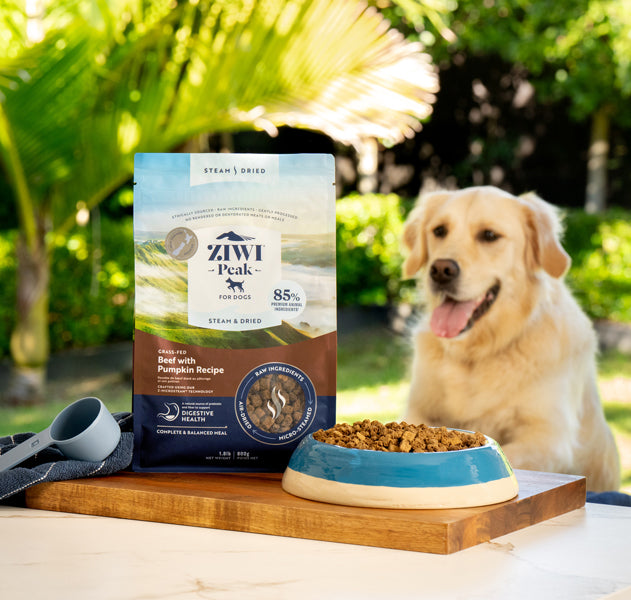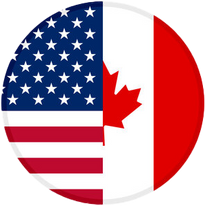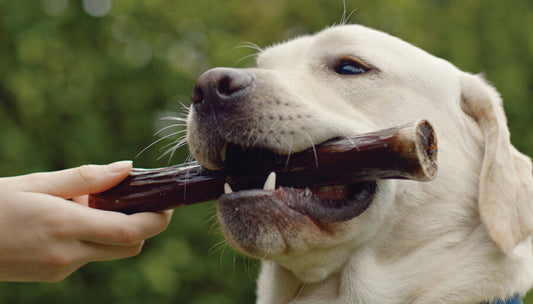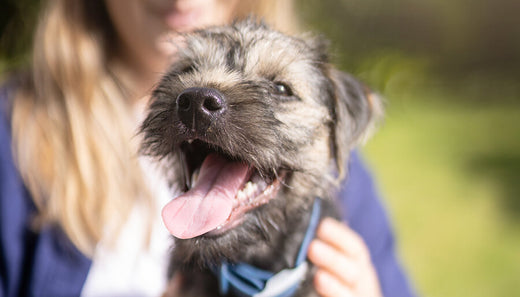 There’s nothing better than being greeted at the door by your canine companion - but have you recently been met with that unpleasant ‘dog breath’ smell as they try to give your face a loving lick?
There’s nothing better than being greeted at the door by your canine companion - but have you recently been met with that unpleasant ‘dog breath’ smell as they try to give your face a loving lick?
Does your dogs breath stink?
Stinky dog breath is a common issue, but it’s not just the smell you should be concerned about. A strong, unpleasant odor coming from your dog’s mouth could be a sign of a more serious underlying problem.
Most oral health issues can be prevented or treated with a bit of extra care, some healthy things to chew on, and a tweak to your dog's diet. But if you’re seriously concerned, have a word with your vet.
What causes smelly dog breath?
If bacteria and food are left to build up on your dog’s teeth, plaque and tartar start to form - which brings about a bad odor.
Unpleasant dog breath shouldn’t be ignored because it could be an early sign of dental disease, so it’s important to stay on top of their oral health.
Kibble vs raw - what’s the optimal diet?
Highly-processed kibble lacks the key nutrients your dog needs to thrive, and contrary to popular belief, they don’t provide any ‘brushing or flossing’ action for your dog’s teeth.
Many kibble products are packed with sugars and high-carb ‘fillers’ such as wheat, oat, starches and corn products. These fillers increase oral bacteria in the mouth.
Raw foods, on the other hand, contain naturally occurring enzymes that help your dog digest food, as well as break down plaque and protect teeth and gums.
A slow, gentle air-drying process (like the one we use to create the ZIWI Peak® Air-Dried Original Series range) is favored by many pet guardians because it preserves the raw meat’s enzymes, with the added convenience of being a food that requires no prep and can be stored in the pantry.
What to feed dogs with bad breath
- Try feeding them parsley, which is a natural breath deodorizer. You can also feed it to your dog raw – simply tear the fresh herb into small pieces and mix it into their food.
- Keep your dog’s water and food bowls clean, as dirty bowls are a breeding ground for bacteria.
- Brush your dog’s teeth regularly.
- Feed your dog raw and air-dried bones.
- Visit your vet for regular oral examinations or professional teeth cleaning if required.
Sources:
https://wsava.org/wp-content/uploads/2020/01/Dental-Guidleines-for-endor...
https://www.dogsnaturallymagazine.com/natural-dental-prevention-common-s...
https://www.medicanimal.com/The-truth-about-dental-diets-for-dogs/a/ART1...
https://www.thisdogslife.co/7-natural-ways-to-stop-bad-dog-breath/
https://www.dogsnaturallymagazine.com/the-disturbing-cuase-of-dental-dis...
https://academic.oup.com/jn/article/128/12/2715S/4724404
https://healthypets.mercola.com/sites/healthypets/archive/2010/01/20/why...










